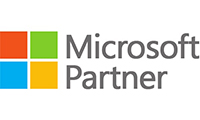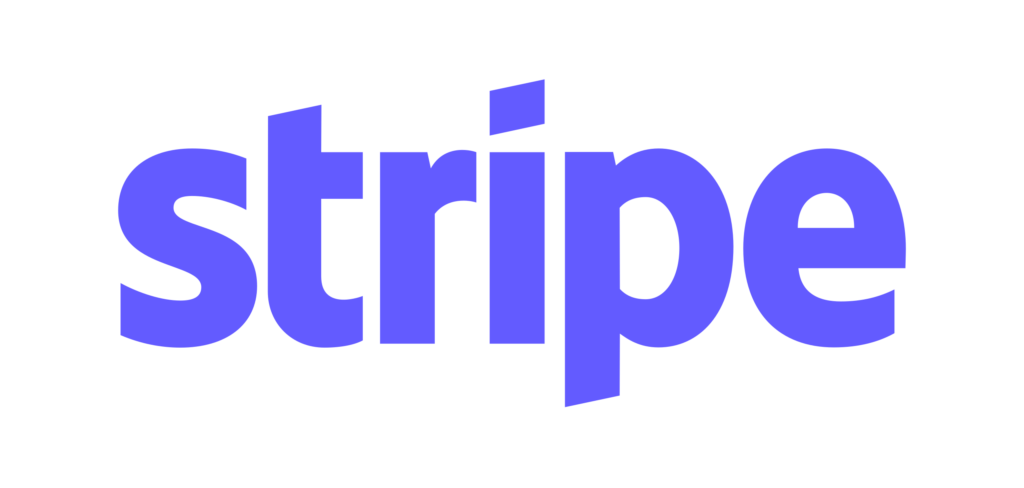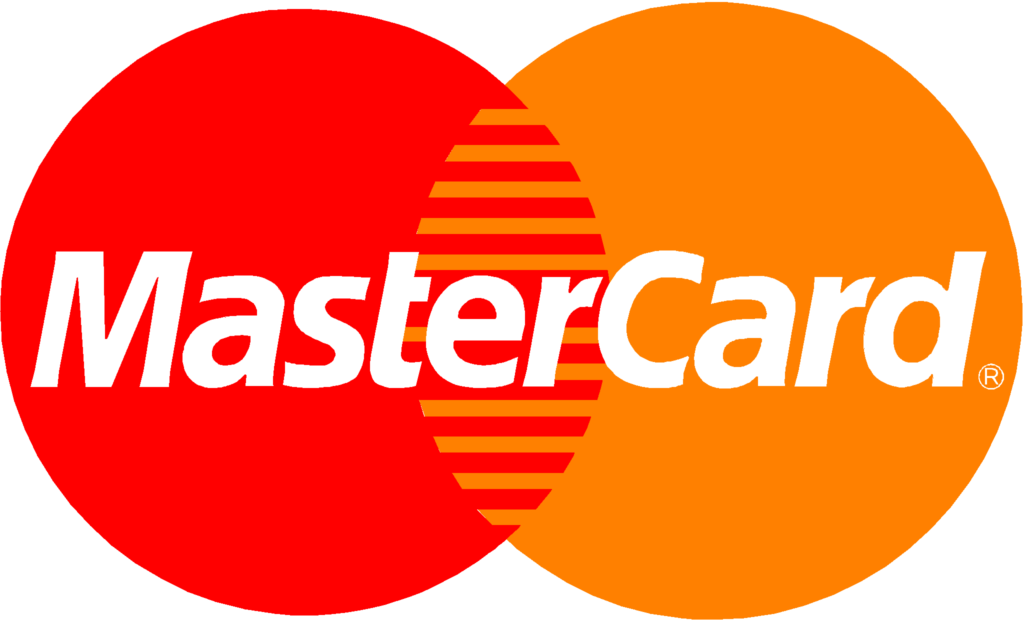The two expected effects of using a PBN
- Private sites return SEO juice to the site money, i.e., Google trust and popularity.
- All the sites (network and monies sites) occupy a maximum number of positions in Google’s results to leave as few competitors as possible.
The advantages of a PBN
- You are the only one to have links from these sites,
- These are sites that promote your money site, or the products, or the services it offers,
- Position certain links on the home page to transfer more juice to the money site.
Why do PBN networks have such an impact?
You should know that the link is the most important ranking factor in the eyes of Google. Google measures the popularity of a site based on the links it receives. It’s like in real life, the more you are quoted by the big media, the more people talk about you, the more famous you will be in the public’s eyes. It’s the same with Google!
What to avoid with a PBN / site network
PBNs have become very trendy, and as with netlinking, you can find anything and everything in terms of services!
The most common problems with PBN networks
- Sites too poor in the content are not legitimate against Google.
- Repeated optimized anchors.
- Unmanaged footprints, it is very easy to identify them (whois, common recording dates, identical ips, ssl certificates, hosting, cms, structures, modules, themes, writing style, common pages, etc.).
- Expired domain names with questionable liabilities (adult content, spammed domain style: Nike Airmax, Louis Vuitton, Louboutin, viagra, etc.).
- Themes of sites not respected (change of theme or to generalist).
- Linked network sites.
- Use of Google service (Chrome, Analytics, Search Console, etc.).
- All the sites are deployed in waves, at the same time, and link up the money site on the same day.
Objectives of private network sites
Private network sites must obtain maximum visibility in Google results. For this, it is above all necessary to understand the different search intentions of Internet users.
The 4 types of search intentions on Google
- Find out about informative and institutional sites.
- Find news related information on media sites.
- Find a product and place an order on a merchant website.
- Browse classifieds, buy, or book on classified sites.
We will therefore have to adapt the sites of private networks, the famous PBNs according to this.
Create private network sites to meet research intentions
Therefore, the sites must respond to different research intentions, i.e. their content must be targeted in this direction. Example of sites that I propose:
geted in this direction. Example of sites that I propose:
- personal blogs and lifestyles
- Road trips and discoveries blogs
- media sites
- informative sites on a well-defined domain
- project sites
- associative sites
- business sites
- sites for testing and comparing products or services
All of these sites will be created to meet a search intent while remaining credible in generating a link to your money site.
Blend into the crowd by varying the types of sites as much as possible
The more varied these sites are, the less risk you will take towards Google! As I often repeat: we avoid creating blogs only. Creating blogs is the easiest but the least credible! Vary as much as possible the typology of your sites, your links, your anchors… And blend in with the crowd.
The strengths of my PBN / site networks offer
Domain names
- Already existing domains, already several years old and trusted by Google (expired domains that we recycle while keeping the theme).
- “EMD” type domains, which will position themselves much better naturally thanks to the exact keywords.
- Domain registrations on different dates.
Sites
- WordPress-based to blend in with the crowd (WordPress represents 70% of CMS used).
- Dynamic, editable, and scalable sites over time (modification of content, the addition of pages, etc.)
- Different designs.
- Creation of logos and visual identities for certain sites.
- Different extensions (plugins).
- Different structures.
- The number of pages varied between sites.
- Varied amounts and types of content (more or less long content on pages, photos, videos, infographics, quotes, image galleries, etc.)
- Different user accounts for each site.
- Creation of personas for certain sites.
- Different types of sites: blogs, business sites, informational sites, project sites, etc.
- Various types of pages: articles, information, about, who am I, contact, events, advertisements, partners, FAQs, workshops, advice, resources, legal notices, site map, etc.
Accommodation
- Different IPs
- Different hosts depending on the number of sites
Meshing and netlinking
- The sites are deployed one by one to make it look as natural as possible.
- The domain names used already have referral links.
- All sites receive new links to give them more visibility.
- Network sites do not have any links between them. They are not linked to each other.
- Pages that no longer exist but which received links are redirected in 301 to equivalent pages not to lose a single drop of SEO juice.
- The money sites’ links are varied: home page (in a text block or extract from a blog post), blog post, an internal page, side widget, etc.
- The money sites’ anchors’ links are varied: large, optimized, URL, brand, neutral, image (ALT), etc. All anchors will be unique, except, of course, for URL and brand type anchors.
- The target pages towards the money sites are varied: home page and internal page.
- Integration of third-party links on certain sites (news site, media, competitor, supplier, brand, town hall, etc.)
- Only one link per site to the money site.
Referencing of sites
Being an expert in WordPress SEO optimization, all sites set up are perfectly optimized for SEO. I apply, of course, all the advice given during my conferences and training.
Site security
To guard against any hacking, the sites are properly secured and protected.
Site management
If you buy many sites, we can set up a WordPress site manager for you: MainWP. This allows you to access all your sites via a single interface, update your sites in mass in one click (WordPress + extensions), manage backups, etc.










